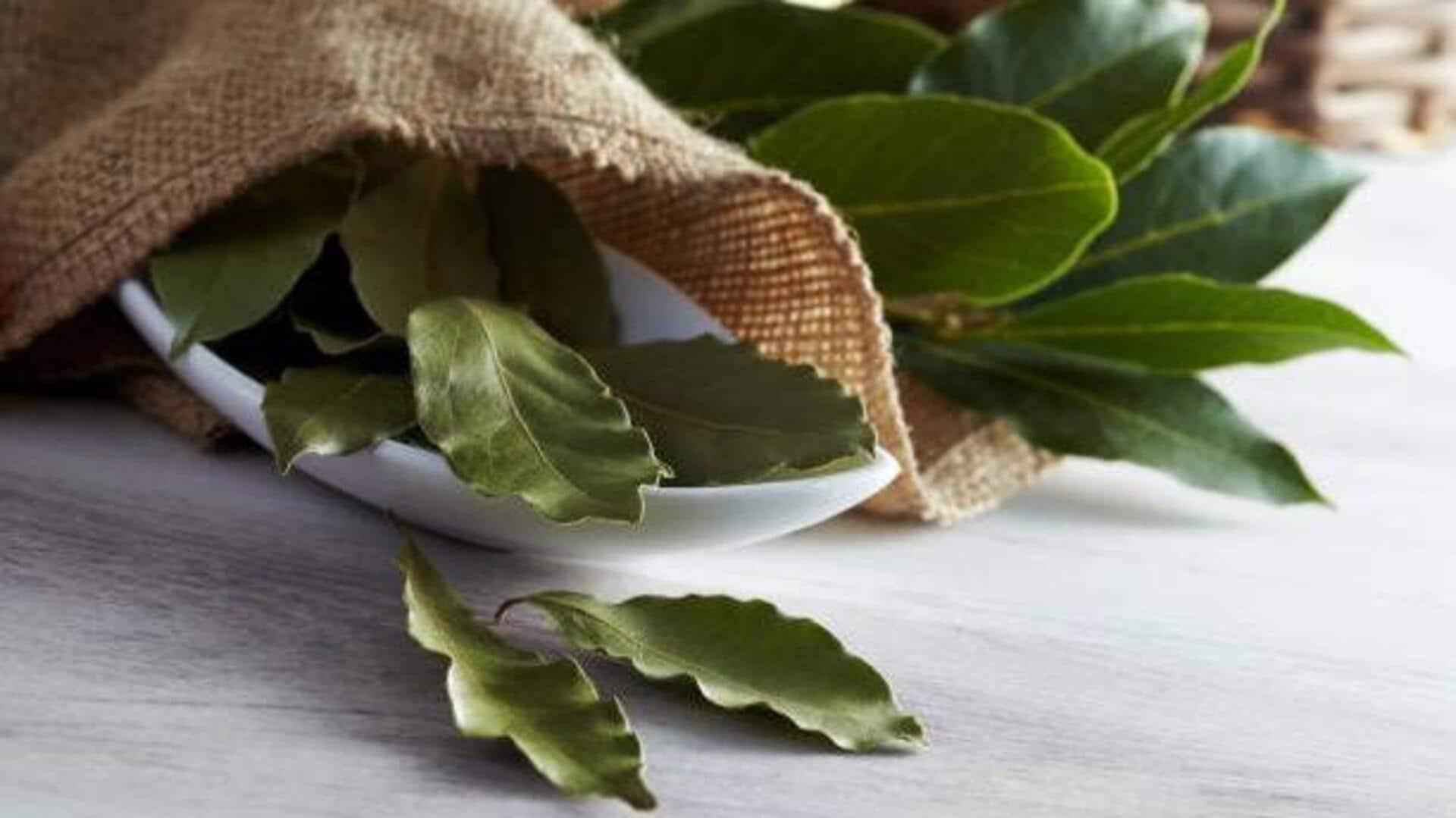
The nutritional gem of African jute leaves
What's the story
Jute leaves, a beloved staple across Africa, hold a secret: they're a nutritional powerhouse! Characterized by their vibrant green color and slightly bitter taste, these leaves are more than just a cornerstone of African cuisine—they're a global superfood in the making. Bursting with vitamins, minerals, and antioxidants, jute leaves not only tantalize your taste buds but also promise health benefits like improved digestion and boosted immunity.
Nutrient density
A rich source of vitamins and minerals
Jute leaves are incredibly rich in vital vitamins including vitamin A, C, and E. Plus, they contain substantial amounts of iron, calcium, and potassium. A mere 100 grams of jute leaves deliver over 20% of the daily recommended intake of vitamin A and C. This makes them a fantastic dietary choice for supporting healthy skin, vision, and immune function.
Antioxidants
Antioxidant properties for enhanced health
The high concentration of antioxidants in jute leaves is what makes them particularly beneficial for health. These antioxidants fight against oxidative stress in the body, a harmful process associated with chronic diseases like heart disease and cancer. Therefore, incorporating jute leaves into your diet can contribute to shielding your body from these conditions.
Digestion aid
Supports digestive health
Jute leaves are high in dietary fiber, which is great for your digestive system. Fiber helps keep things moving in your digestive tract, preventing constipation. It also supports a healthy gut microbiome, which is super important for your overall well-being. So, adding jute leaves to your meals can enhance digestion and support your gastrointestinal health.
Immune support
Boosts immunity and fights inflammation
Jute leaves are a superfood that can power up your immune system like a champ. Packed with vitamin C, they supercharge your body's infection-fighting abilities. Plus, their anti-inflammatory properties help keep inflammation in check. By incorporating jute leaves into your diet, you can avoid frequent illnesses, ensure your immune system stays strong, and reduce inflammation in your body - all of which contribute to better overall health.
Cooking tips
Culinary uses across Africa
Jute leaves can be used fresh or dried, and they're a staple in many African cuisines. They're typically used in soups or stews, but you can also cook them with other veggies or legumes (think lentils or beans). To get the most benefit, cook them lightly; steaming or sauteing quickly will preserve that beautiful green color and all the good stuff inside.